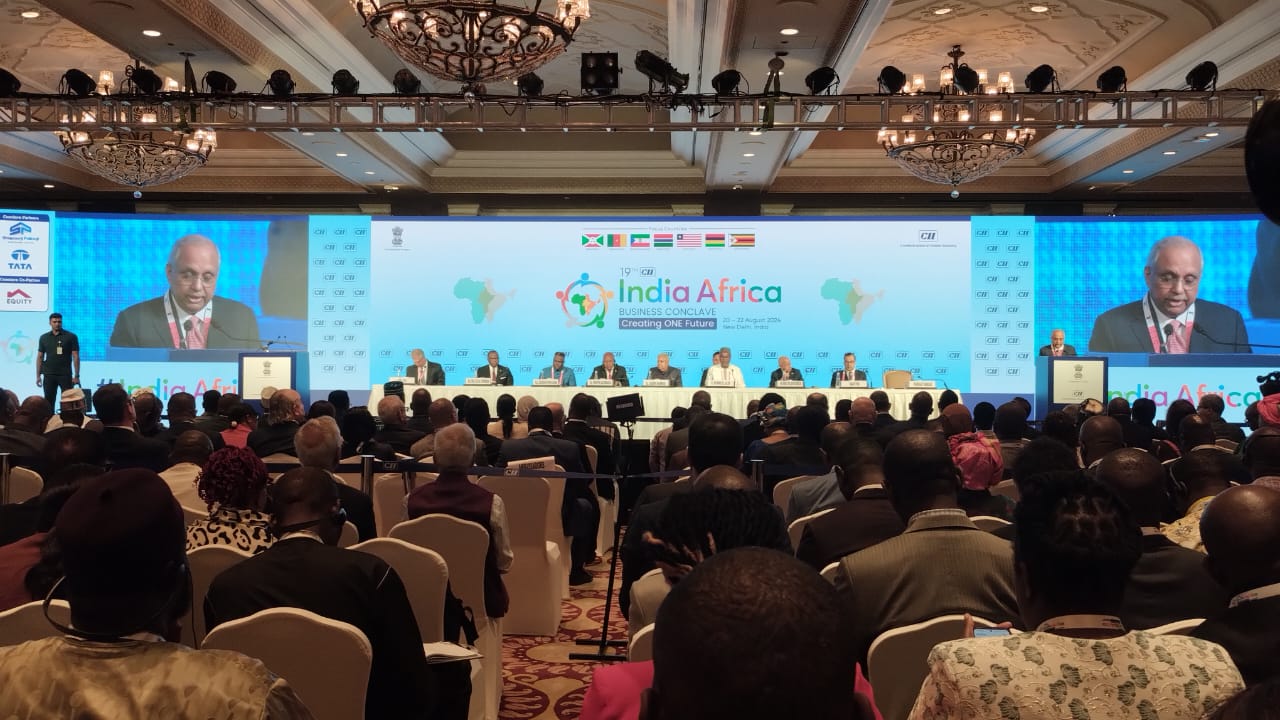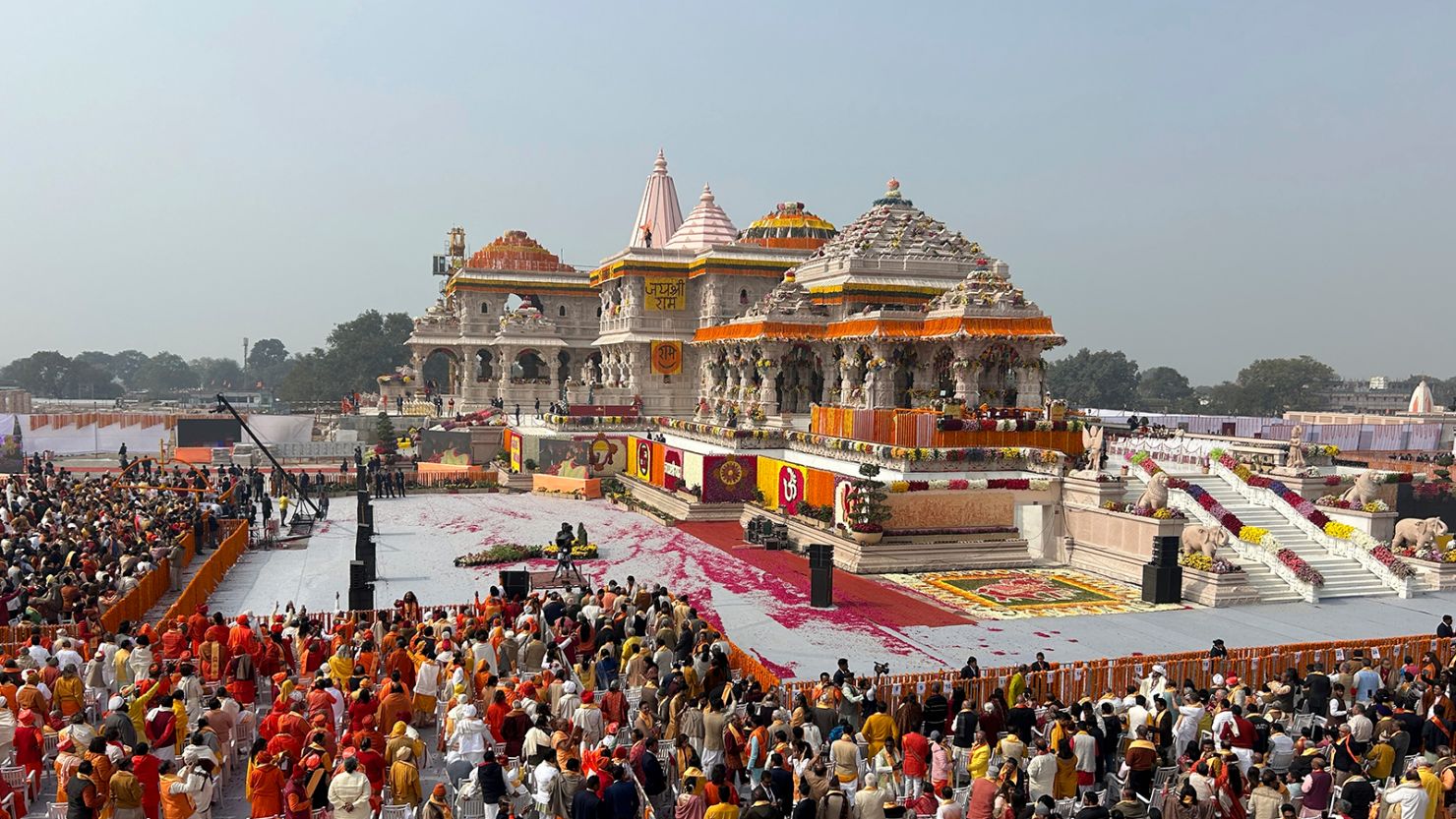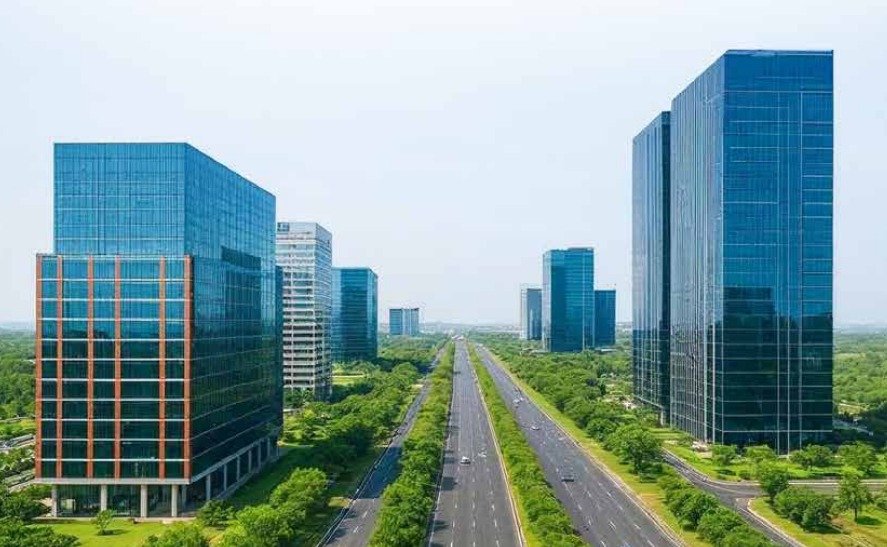As the political landscape continues to evolve, the influence and presence of the South Asian diaspora in American politics have become undeniable. Harris’s candidacy is not just a milestone; it is a testament to the growing diversity and strength of the American political fabric
When Sumathi Madhure first arrived in Nashua, New Hampshire, she often felt out of place. The sense of isolation was most evident during long drives to find an Indian restaurant or while pushing her cart through the grocery store, where encountering another Indian American was a rarity, reported latimes.com.
“When I saw another brown person in the supermarket, it was so rare, I would just invite them to my home for dinner,” Madhure recalls. Building a sense of community, she realized, required effort and determination.
Forty years later, Madhure’s experience in the U.S. reflects a broader narrative of change. The small stream of her journey has now merged with many others into a mighty river of South Asian American identity. This collective pride was palpable at a recent gathering in Chicago, where immigrants and descendants of South Asia celebrated Kamala Harris’s candidacy as the Democratic vice-presidential nominee.
“To think that someone who looks like her, of South Asian descent, might be the most powerful person in the world—it’s just beyond imagination,” Madhure expressed, her excitement resonating with hundreds of others who share her heritage.
The rise of Harris, whose mother emigrated from India, symbolizes a significant political breakthrough for South Asians in America. As Bianca Shah, a 24-year-old Indian American from Maryland, noted, “She’s both Black and Indian American. Her middle name, Devi, means goddess in Sanskrit, and she was raised with values and traditions we all recognize.”
Harris herself once explained how natural it felt to belong to two cultures: “I grew up with a strong Indian culture and was raised in a Black community. All my friends were Black, and we cooked Indian food and painted henna on our hands.”
This dual identity is increasingly common in the U.S., particularly in diverse states like California. The 2020 census showed a significant increase in the number of multiracial Americans, now accounting for 10.2% of the population.
The pride felt by the South Asian American community is not limited to one political party.
The latimes.com report quoted sha Chilukuri Vance, the wife of Republican vice-presidential nominee JD Vance, also hails from a family of Indian immigrants.
“Whether it’s Kamala Harris or Usha Vance, there’s a pride that the community has arrived in the mainstream of American politics,” said Representative Ro Khanna.
The report also cited Deepa Sharma, a California lawyer and first-time national convention delegate. For her, Harris’s candidacy brings a sense of hope reminiscent of her first time voting in 2008. “In 2008 with Obama, I felt that sense of hope. Now, I am excited again—organizing around a sense of hope and feeling that I am for something, not just against something.”
***********************************************************
Readers
These are extraordinary times. All of us have to rely on high-impact, trustworthy journalism. And this is especially true of the Indian Diaspora. Members of the Indian community overseas cannot be fed with inaccurate news.
Pravasi Samwad is a venture that has no shareholders. It is the result of an impassioned initiative of a handful of Indian journalists spread around the world. We have taken a small step forward with the pledge to provide news with accuracy, free from political and commercial influence. Our aim is to keep you, our readers, informed about developments at ‘home’ and across the world that affect you.
Please help us to keep our journalism independent and free.
In these difficult times, running a news website requires finances. While every contribution, big or small, will make a difference, we request our readers to put us in touch with advertisers worldwide. It will be a great help.
For more information: pravasisamwad00@gmail.com








